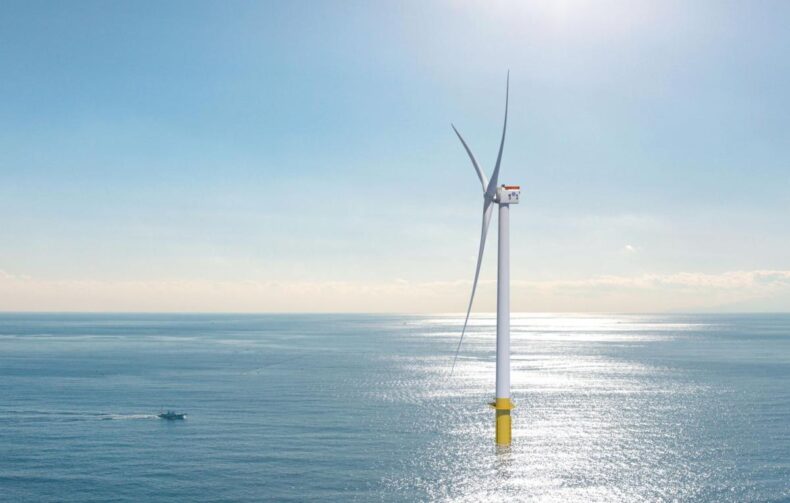The UK is facing net zero challenges due to a not-so-promising offshore wind auction.

Industry insiders and the Trade Union Congress (TUC) are sounding the alarm, warning that the government’s handling of the situation has created a significant gap in future renewable energy capacity.
Last week, the UK government announced that no additional offshore wind farms would be approved in the country after the latest round of auctions. What’s particularly concerning is that there were no bids made during this auction, a stark contrast to previous rounds where demand was high.
This alarming development was predicted by The Observer a month earlier, as it became clear that the prices offered for energy to developers did not account for the surging inflation impacting their operational costs. An example of this is the Norfolk Boreas wind farm, a multi-billion-pound project designed to power the equivalent of 1.5 million British homes, which has already been paused due to these financial concerns contributing to the net zero challenge.
A major factor contributing to the failure of this year’s auction is the government’s decision to set a maximum price of £44 per megawatt-hour based on 2012 prices. This pricing structure is similar to what was offered in the previous auction, which occurred before many inflationary pressures had hit the industry and its supply chain. This rigid pricing framework has left little room for developers to operate profitably.
As a result, there is growing pressure from industry leaders for the government to swiftly announce an increase in the maximum price for the next year’s auction. They argue that a price adjustment is necessary to ensure the financial viability of these projects. Moreover, industry figures also call for support to guarantee that previously approved schemes can proceed as planned.
The crisis surrounding offshore wind projects is a significant setback for the UK’s carbon reduction commitments, given that offshore wind power is a linchpin of these plans to solve the net zero challenge. The UK has pledged to decarbonize its electricity system by 2035 and reach net-zero emissions by 2050. To achieve these goals, the UK anticipated a substantial expansion of offshore wind capacity from approximately 14 gigawatts to 50 gigawatts by 2030. However, there is now a growing disparity of 24 gigawatts between the expected offshore wind capacity from auctions and the 50-gigawatt target.
Adding to the concern is a warning from trade unions, represented by the Trade Union Congress (TUC), that the UK risks losing hundreds of thousands of manufacturing jobs unless it significantly invests in green industries, following the example of President Joe Biden’s climate plan Inflation Reduction Act(IRA). The TUC released research indicating that roughly 800,000 manufacturing and supply chain jobs in sectors such as automotive and steel could be in jeopardy if the UK government does not implement a comprehensive climate plan similar to Biden’s $369 billion climate-focused investment plan to face net zero challenges.
Paul Nowak, the TUC General Secretary, emphasized that “The race to net zero is also a race for industrial revival.” He urged the UK government to take decisive action to protect and create hundreds of thousands of high-quality jobs across the country while tackling the net zero challenge.
Laurence Turner, the Head of Research and Policy at GMB, echoed these concerns, stating that nearly 200,000 manufacturing jobs may have been lost since 2010. Turner emphasized the urgent need for a response that links contracts to job creation to break the cycle of low investment, low growth, and low wages.
In response to these concerns, a spokesperson for the Department for Energy Security and Net Zero pointed out that the UK has been a leader in renewable energy investments, attracting around £120 billion in renewable energy investments since 2010. The spokesperson stated that the UK is expected to attract an additional £100 billion in net-zero investments by 2030, supporting up to 480,000 jobs and at the same time address the net zero challenge.
The urgency of the situation remains, with experts and industry leaders calling on the government to take swift and decisive action to solve the country’s net zero challenges and protect jobs in key industries.













